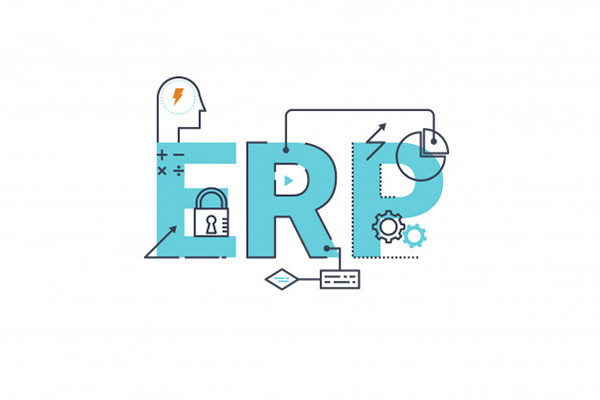1. Choose what suits your business
An ERP is a huge investment of not just money but also time. So, if you are investing in an ERP solution, make sure you choose the one that matches your business and the industry requirements. There are hundreds of ERP solutions being provided by hundreds of vendors and developers. You will have to carefully look at the major ERP solutions used in your industry and then take input from all key stakeholders. An ERP solution used by others may not be the best choice for your organisation and what doesn’t suit them, may end up matching your business. So, invest time and serious thought process when choosing the ERP.
Instead of having a long wish list, it’s better to have short list of your core needs. The more clearly you define your core needs and requirements, the better fit you will get while implementing the ERP.
2. Always look at the TCO (Total Cost of Ownership)
If you are cost conscious, always look at the total cost of ownership rather than the price of the software. If you take just the price of the software into consideration then you will end up excluding the cost of hardware, consulting money to implement, internal resources to maintain the software and future upgrade costs that come with it.
3. Select the right vendors/integration partners
Apart from choosing the right solution for your organisation, make sure that you are buying it from the right vendors. If you choose vendors who are experts and with whom you can maintain a professionally positive relationship, the implementation will be swift and swift as compared to partnering with vendors who have not done their homework.
The vendors you choose should be able to give you give specific estimates regarding TCO and the ROI you can expect for your business and in what period of time. You should have detailed discussions with them about the budget, project completion time. Also, never forget to ask for references from other organisations that have hired them.If you choose Focus 9 ERP software, you get Zero Balance Current Account with ICICI Bank.
Every industry has its own requirements. Therefore, you should also ensure that your vendors have prior experience in your industry.
4. Keep the senior management in the loop
The best way to ensure that your ERP implementation goes smoothly is by ensuring that the senior management of your organisation is in the loop and in approval with the ERP. Their involvement in allocating resources, setting direction and facilitating communication can be a great factor impacting the ERP implementation."
5. Develop a roadmap
A roadmap is also very important as it will ensure that a step-by-step process is followed and will also give clarity to the financial stakeholders. Through a well-developed roadmap, you can turn a complex and large technology into phased operations. Roadmaps also help in identifying possible hurdles and removing them before they hinder the implementation.
6. Delegate implementation oversight to a cross-functional team
The implementation can be carried out more efficiently if a cross-functional team is given its oversight. This team –made up of individuals from different departments such as operations, human resources, IT, accounting etc. will ensure that all areas of the business are correctly addressed. This will also generate excitement in all departments and the chances of the workforce adapting to the ERP with ease will increase.
7. Don’t deploy all modules at once
When the implementation is complete, never deploy all modules at once as it may result in chaos. Instead, deploy one module at a time and carefully monitor its workings. You can deploy more modules once every module fits snugly within the workflow of the organisation. Deploying all modules at once may end up as a big costly mistake.
8. Training is very important
Last but not the least, training your workforce in the usage of ERP is highly important. The workforce is very critical in the rollout and if they are unable to use the system, the whole activity will go down the drain. Therefore, create full-fledged plan to train your employees in the usage of the ERP and then ensure that the vendor supports them in the process.
With careful planning and oversight, you can make the most out of any ERP solution. However, with improper implementation and lack of planning, even the best ERP solutions can’t help your business.








